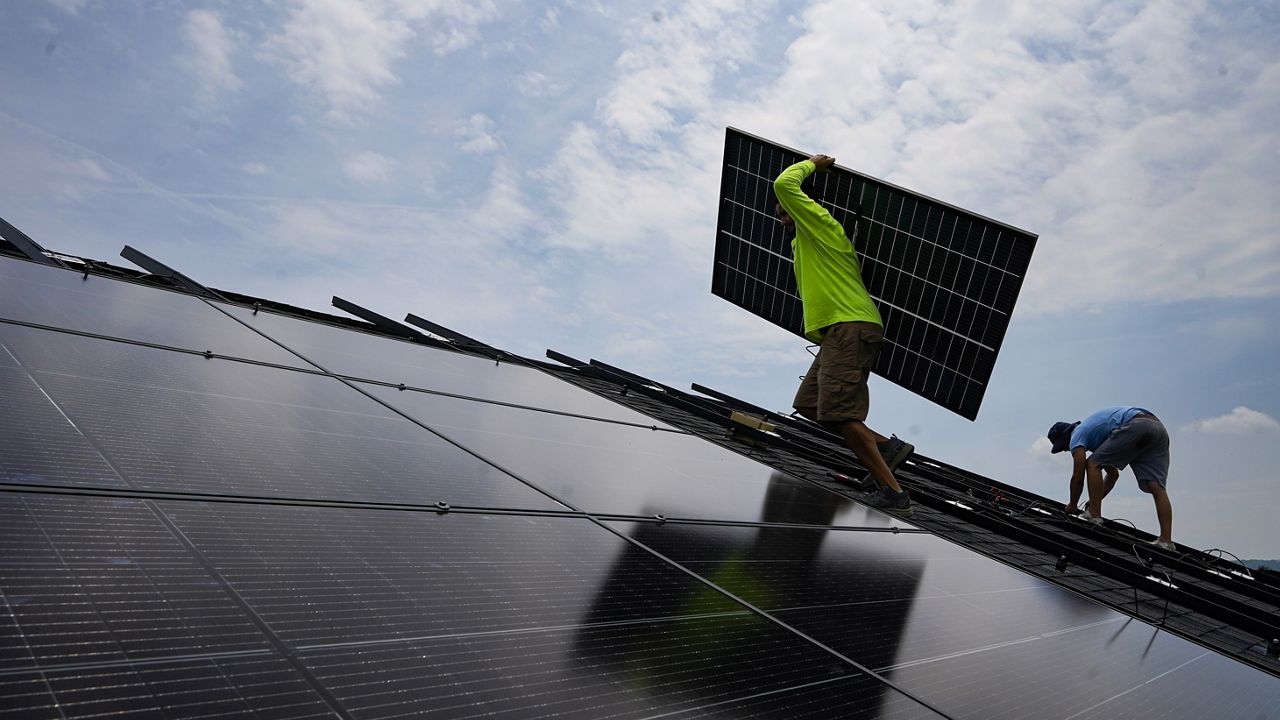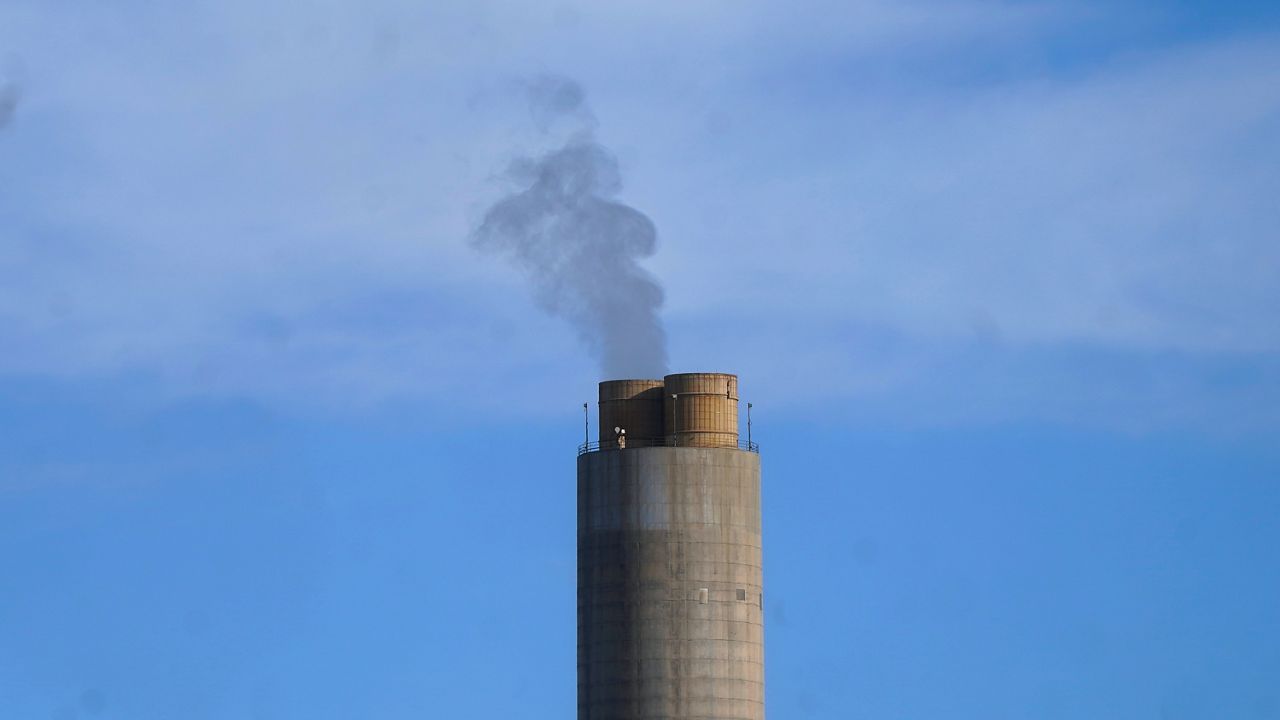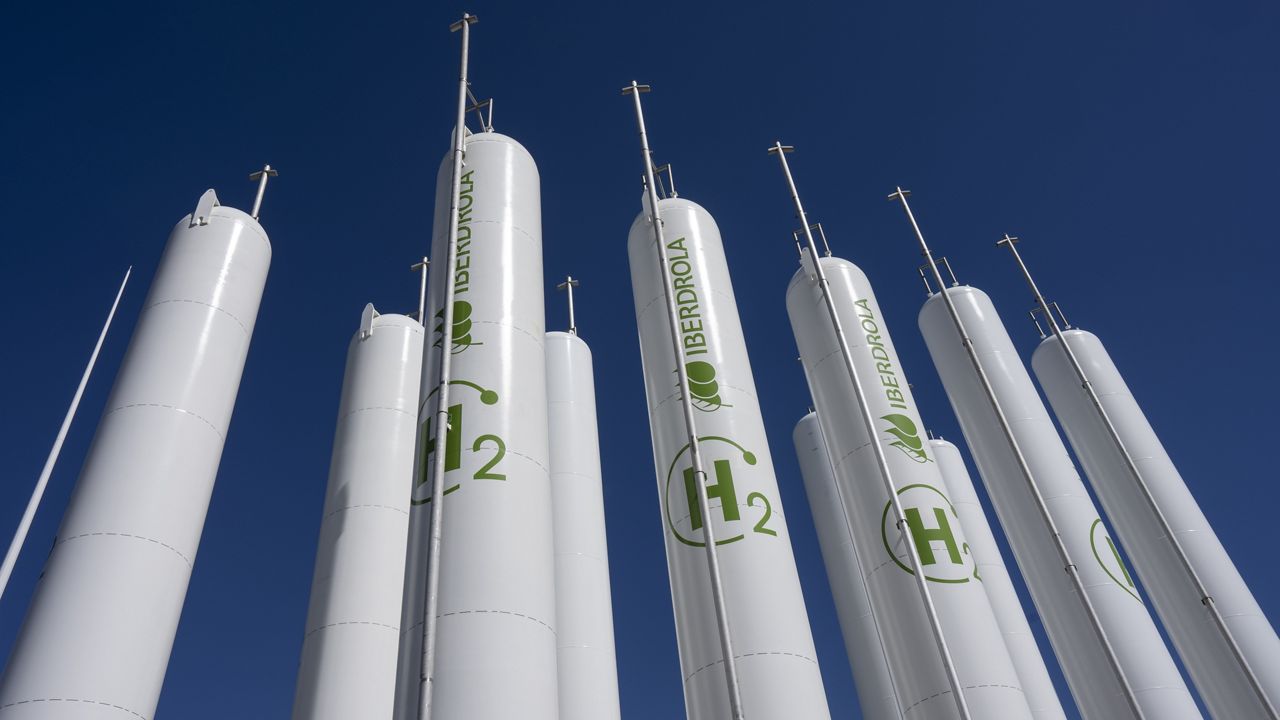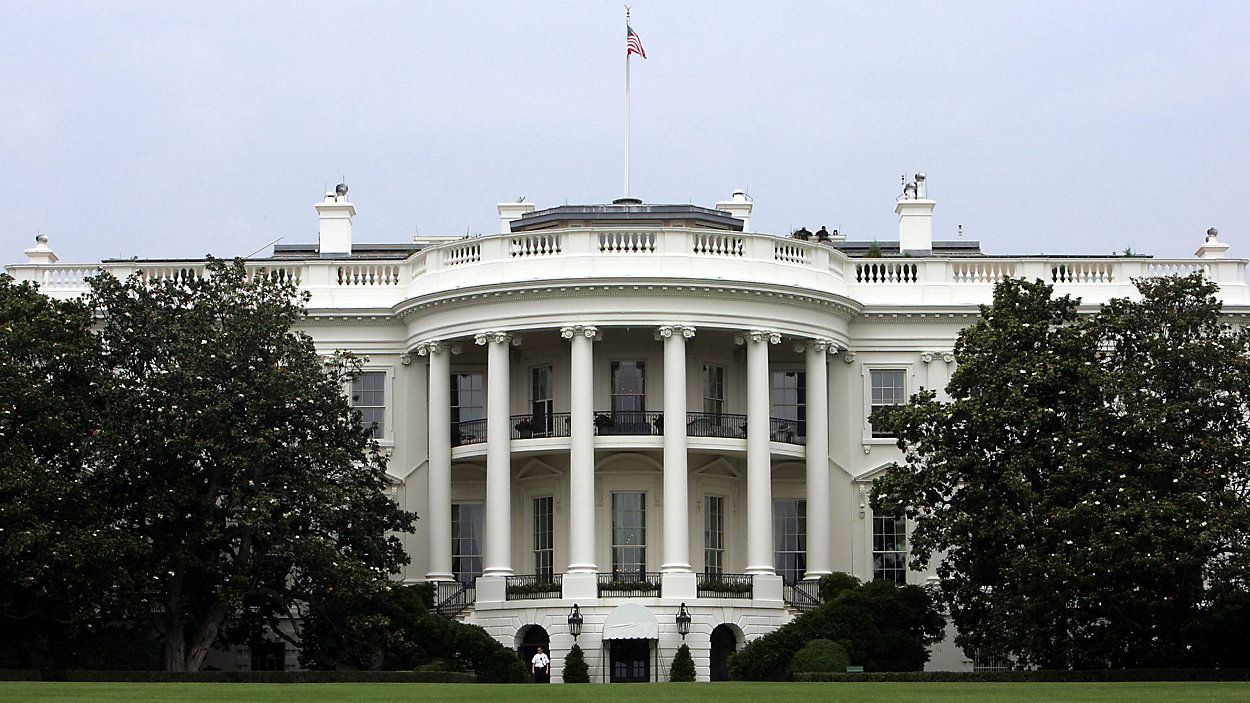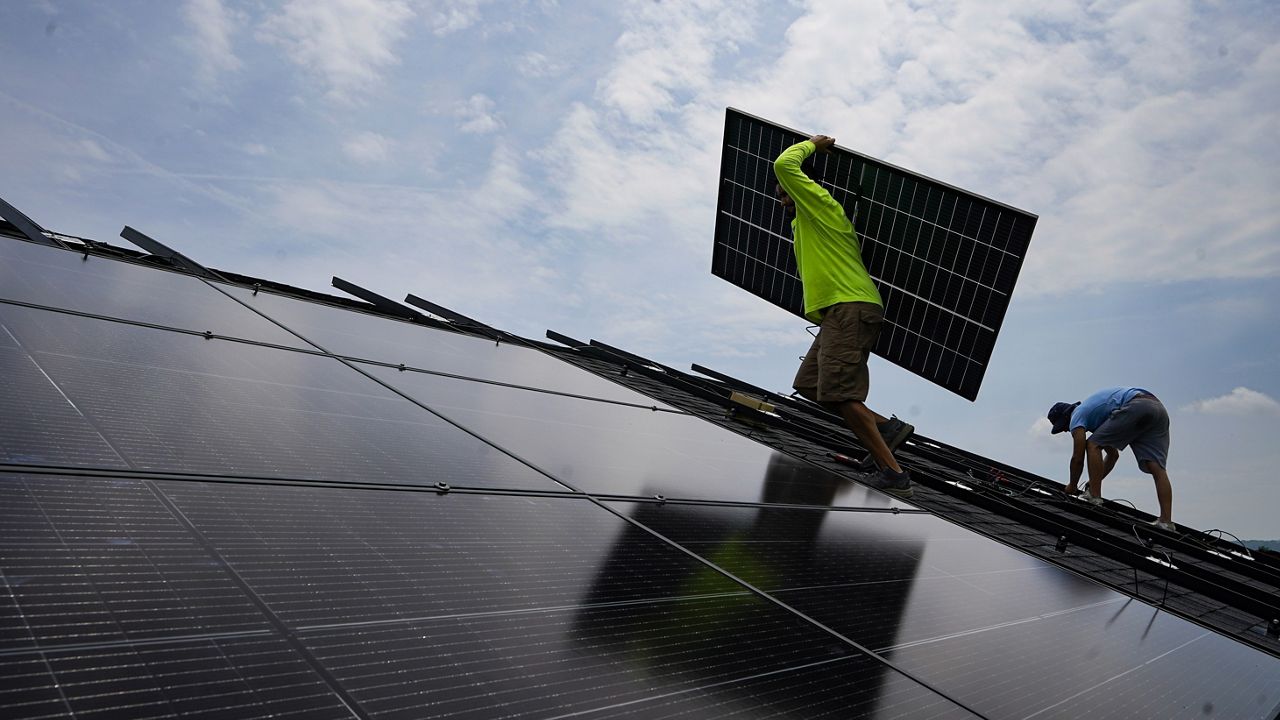As another major hurricane barrels toward Florida and as Hawaii continues its long recovery from the Lahaina wildfire, the United Nations is calling on the world to accelerate its response to the climate crisis.
On Friday, in its first mandated report card on progress toward meeting the 2015 Paris Agreement, the U.N. said implementation of its ambitious climate goals must be pursued with an “all-of-society” approach.
The Paris Agreement set a goal of preventing the climate from warming 2 degrees Celsius and pursuing efforts to limit warming to no more than 1.5 degrees to prevent unmanageable wildfires, flooding, droughts and heat waves. The European Union and 194 countries, which together account for 98% of human-caused emissions, have vowed to honor that agreement by voluntarily reducing the greenhouse gases they emit.
While emissions have declined in the eight years since the Paris Agreement, they have not fallen by as much as the countries had agreed. The planet has already warmed 1.2 degrees and is currently on track to warm 2.5 degrees by 2100, the report said.
To combat that trajectory, U.N. leaders are calling on the public and private sectors to develop real and actionable commitments to address the climate crisis. In addition to tripling renewable energy production by 2030, commercializing hydrogen and other zero-carbon energy sources and simultaneously eliminating fossil-fuel-derived energy, the U.N. said international financial systems will also need to be reformed to make it possible.
The U.N. report took two years to compile using data from multiple countries and dozens of other stakeholders, including an analysis of more than 170,000 pages of scientific submissions and 225 hours of meetings amongst country leaders. The findings will form the basis of the annual Conference of the Parties to the U.N. Framework Convention on Climate Change, or COP28, taking place in Dubai starting November 30.
“To keep 1.5 within reach, we must act with ambition and urgency to reduce emissions by 43% by 2030,” COP28 President-Designate Dr. Sultan Al Jaber said in a statement.
Al Jaber’s team has created an action agenda for this year’s COP28 “centered around fast-tracking a just and well managed energy transition that leaves no one behind, fixing climate finance, focusing on people’s lives and livelihoods and underpinning everything with full inclusivity,” he said.
“I believe we can deliver all of this while creating sustainable economic growth for our people, but we must urgently disrupt business as usual and unite like never before to move from ambition to action and from rhetoric to real results.”




